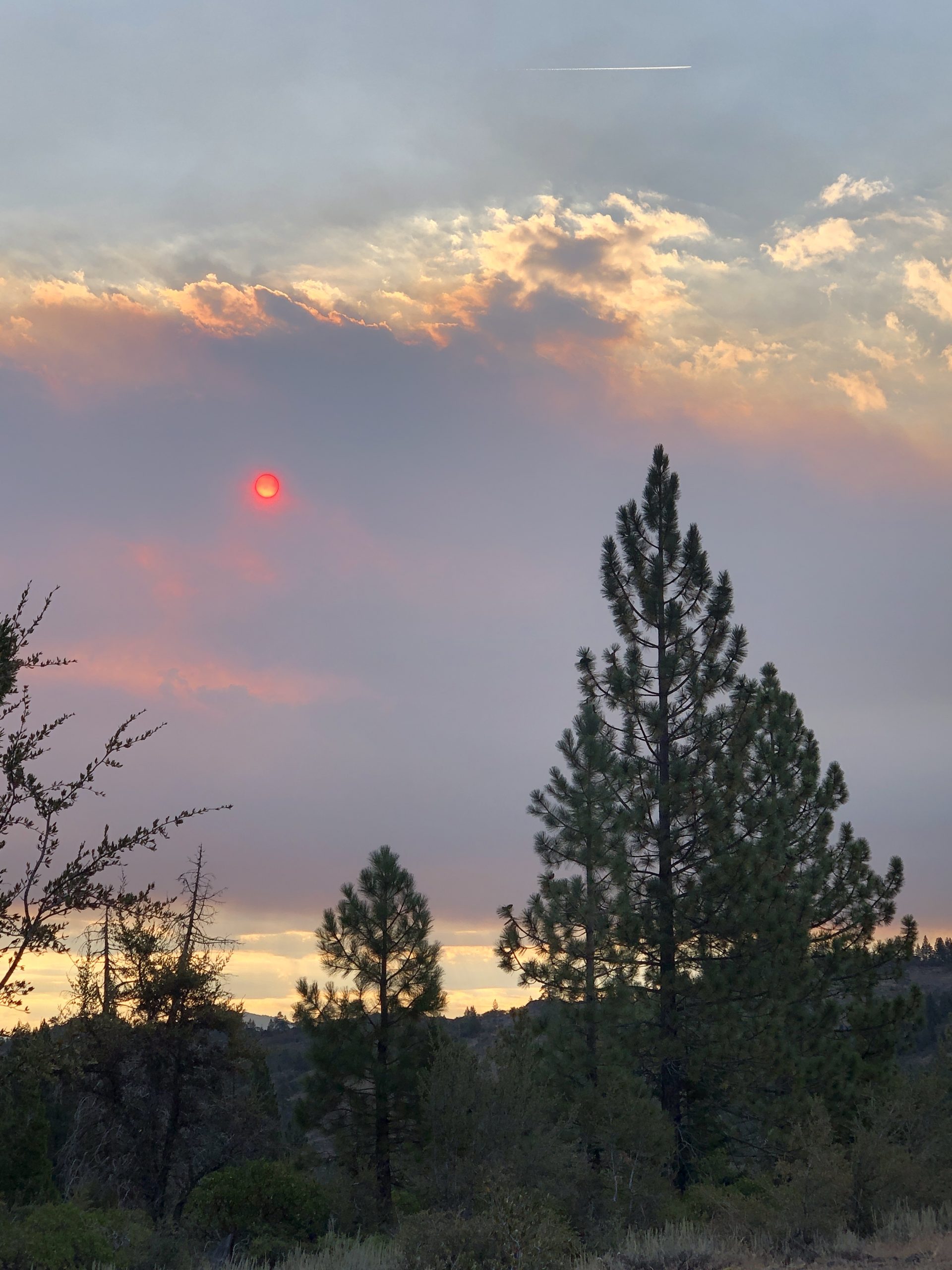
Local Fire Science Experts to Speak on Nevada’s Wildfire Crisis

Recovering America’s Wildlife Act passes the House of Representatives
June 15, 2022
BLM Lease Sale in Nevada Yields Little Interest from Oil and Gas Companies
June 30, 2022Press Release
(Reno, NV) – A roundtable of local fire science experts discussed the debilitating impacts of climate-driven wildfires over the past several years as well as their predictions for this upcoming fire season.
“We have reached a tipping point both ecologically and socially where we are in a constant state of anxiety about fire,” said Christina Restaino, Director of Living With Fire and Assistant Professor with University of Nevada, Reno Extension. “Relationship with our place is changing significantly and that is really hard.”
The southwest is locked in the worst drought in 1200 years, dry conditions and rising temperatures fueled by climate change have blurred the lines of when the fire season begins and ends.
“Fires impact more than just the physical landscape,” said Dr. Tim Brown, Director of Western Regional Climate Center at the Desert Research Institute. “There is a massive human impact piece affecting firefighter and public mental health. Fires also have a large cultural impact. Our way of life here is very outdoors-oriented, with lots of associated economies that are threatened if there are going to be large fires every year. In our group, we view all of that as connected.”
"Just a few months ago, a fire in Louisville, Colorado pushed by winds in excess of 80 MPH, destroyed over 1000 structures in the matter of just a few hours", said Charles Moore, Fire Chief, Truckee Meadows Fire Protection District, Washoe County Nevada. “When winds are blowing strong, Mother Nature is going to have a mind of her own, and suppression efforts may not always be effective. Our strategy in fighting wildfire needs to incorporate a strong response and also include prevention and planning strategies that break the continuity of fuels and harden the built environment.”
Wildfire smoke in local communities has also had serious public health impacts.
“Since 2013, smoke has been the number one threat to Washoe County through air pollution,” said Brendan Schnieder, Air Quality Specialist with Air Quality Management Division, Washoe County Health District. “That is the highest level since the 80s. Second to wildfire smoke is emissions from motor vehicles..Out of 35 exceedances of air quality last year, only 4 of those did not include wildfire smoke.”
“I live in a rural, low income community in Nevada where air-monitoring systems are so important to have so that we know what the air quality is like so families like mine can decide whether you and your children should go outside,” said Jennifer Cantley, State Coordinator for Moms Clean Air Force. “In the rural counties, we have a gaping hole where federal air monitoring systems are missing. With purple air monitoring systems, we can start filling in those holes, which is why I am helping set them up. I want to protect my children and other families like mine throughout Nevada. This data is so important because it saves lives.”
The panel also spoke about the importance of action from business and government at the federal level on climate change to combat wildfires.
“Our company is committed to radically reducing carbon emissions by transforming how we make our products and doubling down on our work with communities to transition away from fossil fuels to clean energy,” said Meghan Wolf, Environmental Campaigns Manager for Patagonia. “But at the end of the day, we need all the levers of society — business, government and individuals — to create the systemic change necessary to stave off the worst of the climate crisis.”
Studies have shown our changing climate is increasing the fire risk throughout the West. “Nevadans need to be prepared but we also need to be proactive,” said Russell Kuhlman, Executive Director, Nevada Wildlife Federation. “Our senate delegation has been championing solutions and we need the rest of the Senate to support federal investment in climate solutions - like forest health and expanding clean energy.”
“As your senator, I am working to do my part as well. I recently cosponsored the National Wildland Fire Risk Reduction Program Act, which would set up warning and forecast systems, develop observation and sensing technologies, and standardize data collection efforts to improve the nation’s preparedness, resilience, and response to wildfires.” Said Senator Catherine Cortez Masto
#
About Nevada Wildlife Federation: Nevada Wildlife Federation is a 501(c)3 and is the oldest statewide conservation organization dedicated to sustaining Nevada’s natural resources for wildlife through conservation, preservation, and education.
Russell Kuhlman
(775) 629-2341
kuhlman@nvwf.org
June 22, 2022
As your senator, I am working to do my part as well. I recently cosponsored the National Wildland Fire Risk Reduction Program Act, which would set up warning and forecast systems, develop observation and sensing technologies, and standardize data collection efforts to improve the nation’s preparedness, resilience, and response to wildfires

